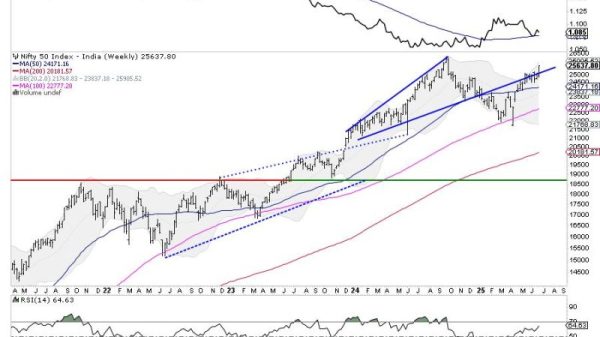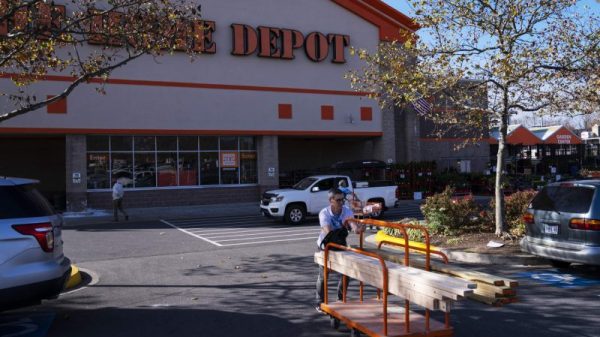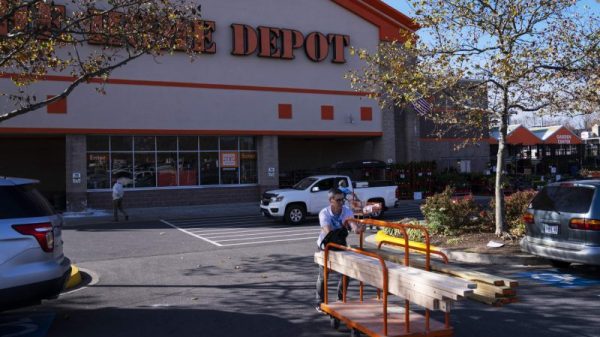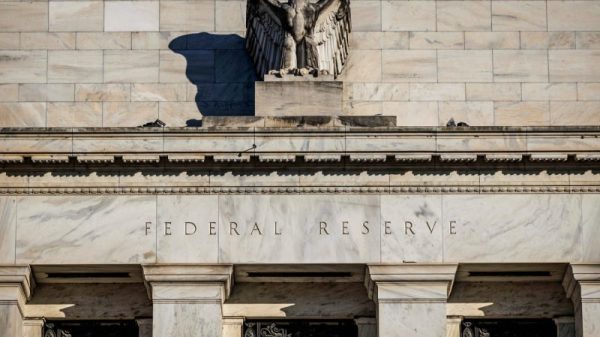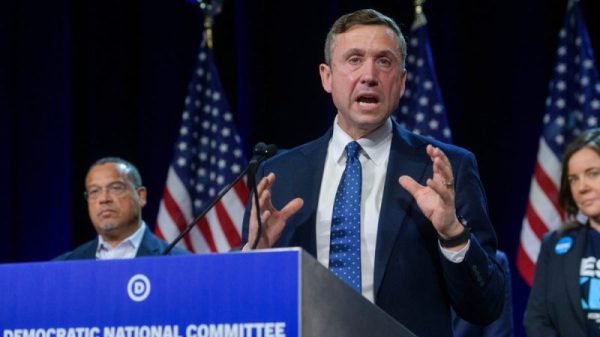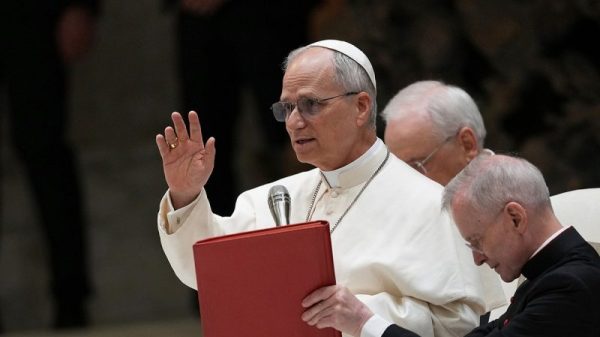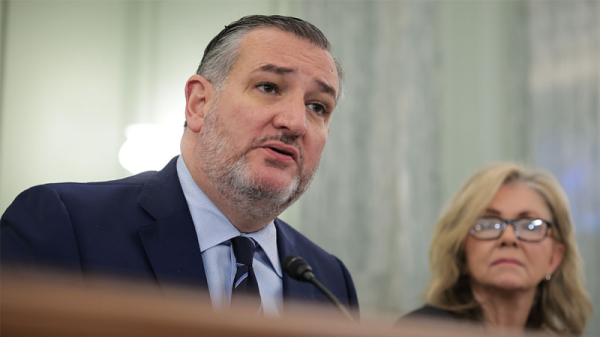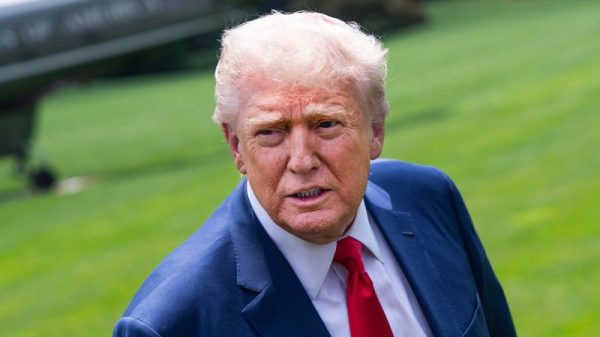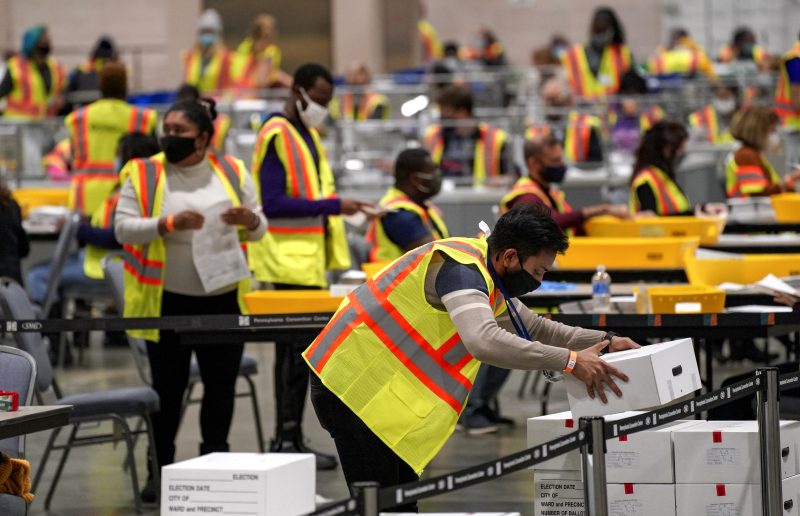In the midst of a contentious election season in the United States, the issue of mail-in ballots has taken center stage. Particularly in swing states, where elections often hang in the balance, the handling of mail-in ballots has become a focal point of debate. Trump and Republicans have been pushing swing state courts to reject mail-in ballots based on various grounds, sparking a fierce legal and political battle.
One key argument put forth by Trump and Republicans is the concern over potential voter fraud associated with mail-in ballots. They argue that mail-in voting opens the door to widespread voter fraud and undermines the integrity of the electoral process. While there have been isolated incidents of voter fraud in the past, studies have shown that such occurrences are extremely rare and do not significantly impact election outcomes. Nonetheless, the specter of voter fraud has been used as a justification to challenge the validity of mail-in ballots in swing states.
Another argument raised by Trump and Republicans is the contention that mail-in voting could lead to delays in determining election results. This concern is particularly salient in swing states, where the outcome of the election can hinge on a small margin of votes. The fear is that the time it takes to count and verify mail-in ballots could prolong the uncertainty surrounding the election outcome, potentially leading to legal challenges and disputes.
In response to the push by Trump and Republicans to reject mail-in ballots, Democrats and voting rights advocates have emphasized the importance of ensuring that every vote is counted. They argue that mail-in balloting provides a safe and convenient option for voters, especially in the midst of a global pandemic that has raised health concerns about in-person voting. Furthermore, they contend that efforts to restrict mail-in balloting disproportionately impact marginalized communities, including people of color and low-income individuals.
The legal battles over the validity of mail-in ballots in swing states have highlighted the deep partisan divide over election procedures and voting rights. While both sides claim to be acting in the interest of election integrity, their interpretations of what constitutes a fair and secure electoral process differ significantly. As the election draws near, the outcome of these legal battles could have far-reaching implications for the legitimacy of the electoral process and the future of American democracy.




